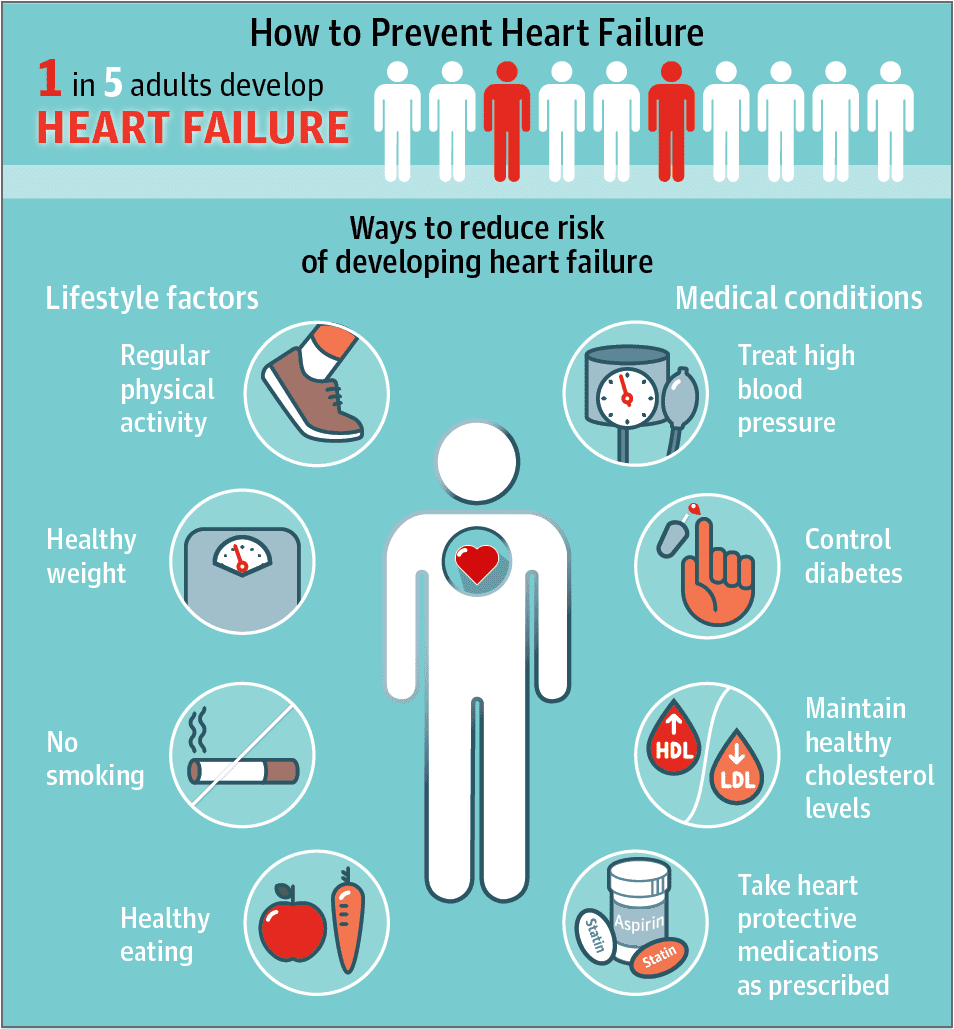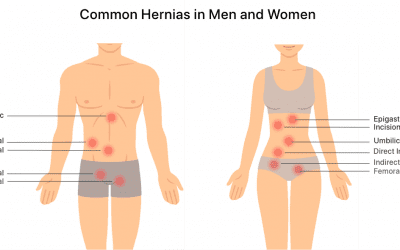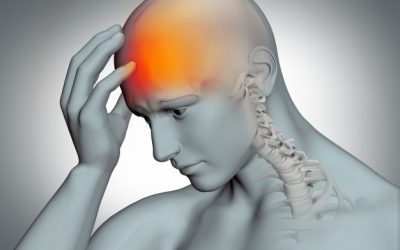WHAT IS HEART FAILURE?

WHAT IS HEART FAILURE?
Ans: It is a clinical syndrome consisting of cardinal symptoms (breathlessness, ankle swelling and fatigue) that may be accompanied by signs (e.g. elevated jugular venous pressure, pulmonary, pulmonary crackles and peripheral oedema {leg swelling}). The above conditions usually results when either pumping of the heart (systolic function) is reduced or filling of the heart is impaired (diastolic function) or both.
WHAT ARE THE SIGNS AND SYMPTOMS OF HEART FAILURE?

Ans. The signs and symptoms can be summarized as below:-

WHY DO WE NEED TO KNOW ABOUT IT?

Ans: It is a fairly common disease with adult population even in adult countries affected to the tune of 1-2 % even in developed countries and with ageing the percentage is said to increase by upto more than 50%.
Also, it carries poor prognosis with some trials showing mortality more than 50% post diagnosis after 5 years. Due to recent medical advances, the burden of the disease can be reduced with adequate medical therapy and thereby helping in improving survival. Proper cardiology consultation and follow up can help in treating patients.
WHAT IS THE PATHOLOGY AND ETIOLOGY OF IT?
Ans. Pathologically, it may result due to diseases affecting the myocardium (cardiomyopathy, myocardial infarction etc., endocardium (infective endocarditis), pericardium (constrictive pericarditis, pericardial effusion and tamponade), valves, congenital heart disease and other systemic disease.
There can be many etiologies leading to heart failure namely:-
- Coronary artery diseases
- Rheumatic Heart disease
- Hypertension
- Diabetes
- Ageing
- Genetics
- Thyroid disorders
- Peirpartum cardiomyopathy
- Alcohol
- Obesity
- Congenital heart diseases
- Drug induced
- Chemotherapy
- Arrythmias
- Neuromuscular diseases
IS HEART FAILURE AND HEART ATTACK SAME THING??
Ans. No. Heart attack happens suddenly when one of the arteries leading to heart becomes blocked and cuts off the blood flow. Without oxygen, the heart starts to die. Heart failure on the other hand, develops gradually. The heart muscle becomes weaker and has trouble pumping blood to nourish the cells of the body.
WHAT IS THE PRESENTATION OF PATIENTS WITH HEART FAILURE?
It may be acute where the symptoms develop over a short span of time, acute on chronic where in a patient with a previous diagnosis of heart failure has worsening of symptoms or chronic.
CAN WE PREVENT HEART FAILURE?

Yes, we can prevent heart failure by identifying the cause and preventing, controlling or reversing it. We can achieve this by abstaining from alcohol intake o limiting it, controlling diabetes, hypertension, correcting thyroid disorders, iron deficiency, coronary revascularization and in chronic cases of heart failure we can prevent worsening by use adequate medical therapy, diet and nutritional therapy, cardiac rehabilitation and interventional therapies, namely ICD, CRT, Mechanical circulatory devices and cardiac transplantation.
HOW DOES THE DIAGNOSIS OF HEART FAILURE MADE?
Ans:- It is done on the basis of:-
- Clinical history and physical examination
- Additional tests in form of:-
- C.G.
- 2 D echocardiography
- Cardiac biomarkers and other blood tests
- Cardiac MRI
- Computed Tomography
- Cardiac catheterization
- FDG –PET
- Endo-myocardial biopsy
WHAT ARE THE TREATMENT OPTIONS FOR HEART FAILURE?
They comprises of three factors
- Lifestyle modifications (Cardiac nutritional therapy and Cardiac rehabilitation)
- Medical Therapy
- Interventional therapy and/or Cardiac transplantation.
HOW ARE PATIENTS WITH HEART FAILURE FOLLOWED UP?
Ans. Usually post discharge the consultant cardiologist may ask you to follow up after one week initially and depending on the clinical condition the follow ups are usually scheduled during a time duration of 2-3 weeks initially and once optimal medical therapy is achieved and patient is symptomatically better, the follow ups are scheduled upto around 3 months. During this time, your doctor shall advice you certain tests or changes in medications depending on clinical condition which one has to follow.
DR.VARUN SIBAL
CHIEF CARDIOLOGIST
APPOINTMENT NO: +91 278-66 44 460
Departments
- Department Of Cardiology
- Neurology
- Nephrology
- Urology
- Spine Surgery
- Orthopaedics/ Trauma
- General Medicine
- General and Laparoscopic Surgery
- Gastrointestinal Surgery
- Bariatric And Diabetes Surgery
- Intensive Care/ Critical Care
- Pulmonology
- Obstetrics and Gynecology
- Oral and maxillofacial surgery
- Dental and Implant surgery
- Neuro Surgery
- Radiology
- Physiotherapy






